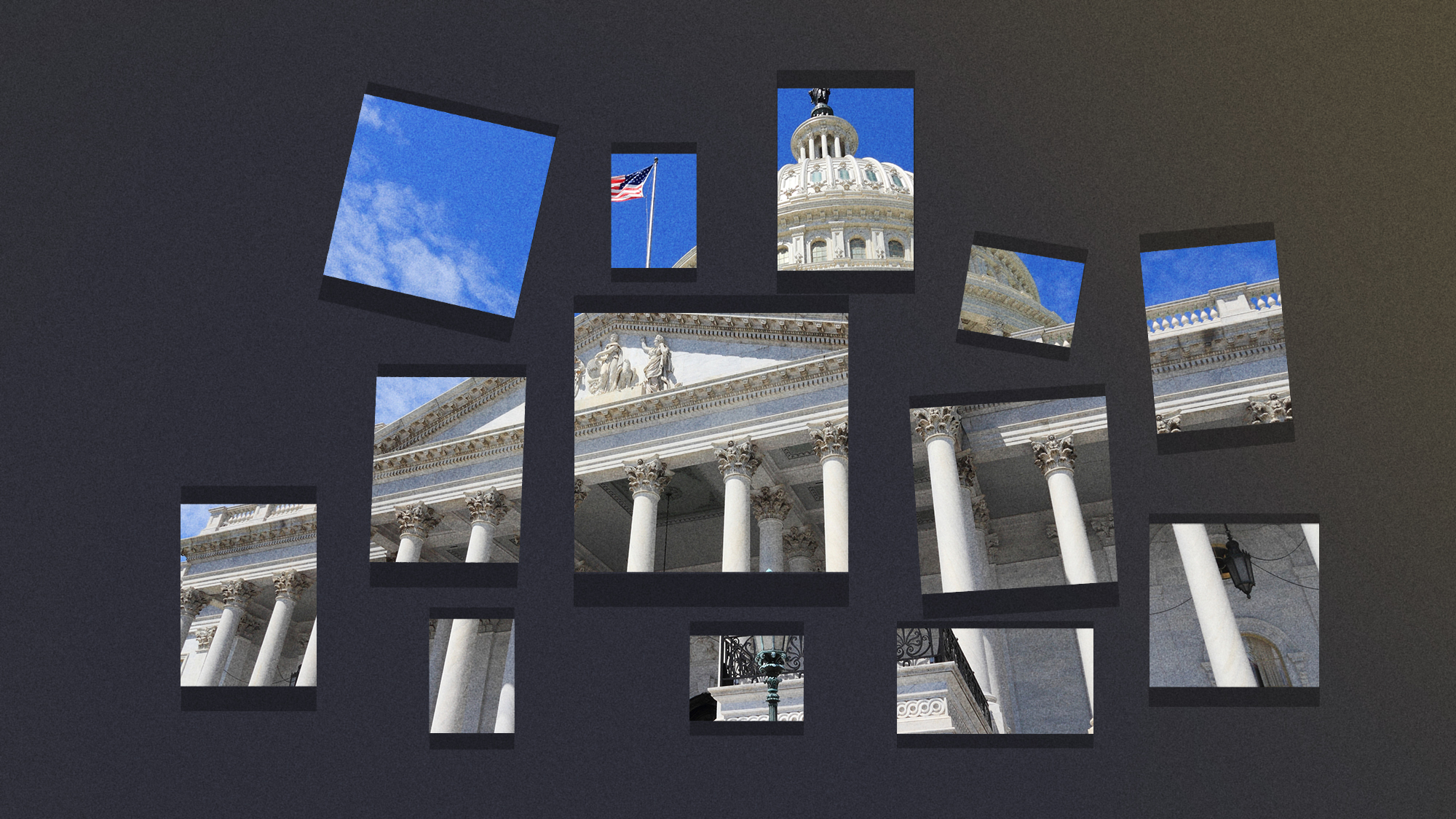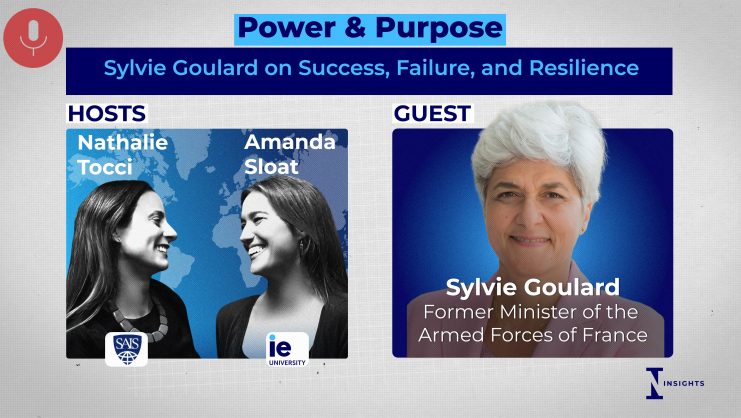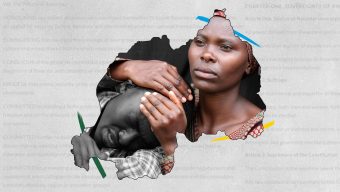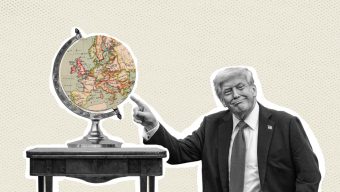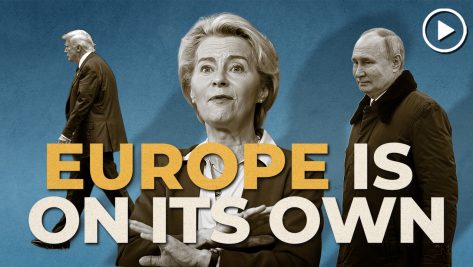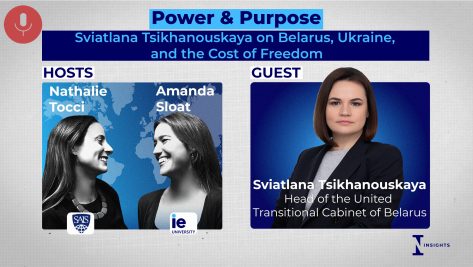Throughout much of recorded history, humanity has endured oppression and exploitation, often subjected to rulers who wielded unchecked power. Emperors, kings and queens claiming divine rights, and dictators who governed with iron fists – whether from the left, such as Mao and Stalin, or from the right, such as Hitler and Mussolini. During the 20th century alone, the cost of unchecked power in human lives was staggering, estimated by Zbigniew Brzezinski to be at least 100 million individuals.
Today, as political scientist John Keane has described, we are witnessing the rise of a “new despotism.” These modern autocrats exploit certain aspects of democracy to consolidate their power while simultaneously undermining its principles. Their playbook includes:
- Holding sham elections as a face of legitimacy though the true will of the people is manipulated through gerrymandering and voter suppression. This creates a facade of legitimacy that erodes public trust in democratic processes.
- Demonizing groups of people such as immigrants or the establishment, in order to rally followers and justify repressive measures. This tactic creates societal divisions and scapegoats and is a distraction from other issues.
- Concentrating executive power through expanding emergency powers and decrees, bypassing legislative checks, and filling the government with loyalists to the executive, making it easier for leaders to implement policies without oversight.
- Cultivating confusion through flooding traditional and social media with misinformation and propaganda. This erodes public trust in institutions, promotes disinformation, and makes it difficult for citizens to tell fact from fiction.
- Silencing critics and opponents through threats and intimidation. This is an obvious affront to free speech, which also limits the ability of the press and citizens in general to hold leaders accountable.
- Undermining the independent judiciary by packing the courts with loyalists, delaying judicial processes, and attacking independent judges. This compromises the separation of powers and the judiciary’s ability and drive to serve as a fundamental check on executive overreach.
A growing body of research confirms this alarming trend. According to a report by Freedom House, 2023 marked the 18th consecutive year in which the number of free nations has declined as democratically-elected governments are being replaced by authoritarian regimes. This global erosion of freedom highlights just how fragile democracy has become in the face of this new despotism.
The United States is now confronting its own version of this creeping authoritarianism, one that threatens the core of the country’s most cherished institutions, including the system of checks and balances and the human rights enshrined in the nation’s founding documents: the Declaration of Independence, the Constitution, and the Bill of Rights. In fact, the Economist Intelligence Democracy Index 2023 has placed the United States firmly in the ”flawed democracy” category, ranking at 29 globally, with increased political polarization, declined trust in government, and an erosion of civil liberties. The Index notes that “social cohesion and consensus have collapsed in recent years as disagreements over an expanding list of issues have fueled the country’s culture wars.”
If unchecked political leaders in the United States gain more power, we will see them take more action to enrich themselves and their inner circle and use their influence to reward loyalists while wielding the law as a weapon to favor supporters and punish opponents. It will breed and solidify a culture of disconnection, fear, and distrust. It will foster inequality and could even cause lasting instability. This would be a first in the history of the United States, but examples are plenty from around the world: Hugo Chávez and Nicolás Maduro in Venezuela undermined democracy through political patronage; Robert Mugabe in Zimbabwe entrenched an elite that led to authoritarianism; and Vladimir Putin has silenced opposition in Russia.
The United States boasts a “rule of law” system that aims to apply equally to all citizens. We routinely hear the phrase “no one is above the law” as a fundamental principle of American democracy. This is in contrast to Chinese leaders who refer to “rule by law” in which the law serves the whims of those in power. However, in its Trump v. United States 6-3 decision issued in July 2024, the Supreme Court effectively expanded presidential power so that the president is entitled to immunity from criminal prosecution for official acts undertaken while in office. A critical issue still to be determined is what constitutes an official act versus a personal act in the guise of an official act.
Leaders who foster connection create environments where people feel valued and heard.
This Supreme Court ruling opens up critical questions about the separation of powers in the United States and the possibility of a citizen, in this case the president, being above the law. And the ruling does not only affect the situation today but would enable future presidents to shield themselves from accountability. If a president can act without legal consequences, authoritarian behavior will likely increase. As Steven Levitsky and Daniel Ziblatt argue in How Democracies Die, the erosion of democracy does not usually come with a bang and overt power grabs, but through subtle legal changes and precedents that slowly but surely weaken institutions.
With the rise of unchecked leaders across the globe, the election of such a leader in the U.S. presidential race could tip the balance toward a new global dark age in which the prevailing ethos becomes “might makes right.” As Richard Haass notes, the further erosion of American democracy would embolden “anti-democratic governments elsewhere to justify and extend their repression of their own populations.” In such a world, the vulnerable would suffer the most.
In the 235 years since George Washington was inaugurated as the first president of the United States, the country has had leaders who have acted decisively to hold the country together and “secure the Union” (Abraham Lincoln) and enacted sweeping government programs to get through the Depression and World War II (Franklin Delano Roosevelt). They took actions, not motivated by personal gain but for the good of the many and so that, as President Lincoln stated in his Gettysburg Address in 1863, “government of the people, by the people, for the people, shall not perish from the earth.”
The United States has entered a new era, a newly globalized world that is marked by polarization, disinformation, and declining trust in institutions. Thus, the kind of president that the country needs – and the world deserves – is a leader who embodies not only competence but also humility, empathy, and a deep sense of service. Leaders who foster connection create environments where people feel valued and heard. What could be more appropriate and needed in today’s America? Not to mention it is in stark contrast to the tactics of modern-day autocrats. Leadership that focuses on connection entails articulating a compelling vision that unites people, valuing individuals and not treating them as mere means to an end, and encouraging open communication and diverse perspectives. There is too much at stake to support leaders who will usher the United States and the world into a disconnecting age of unchecked power.
© IE Insights.



